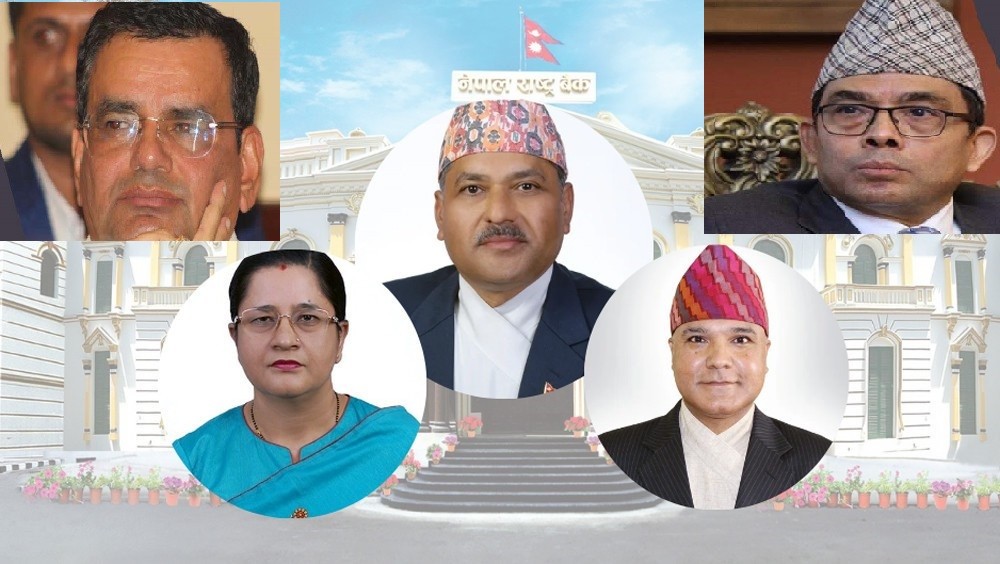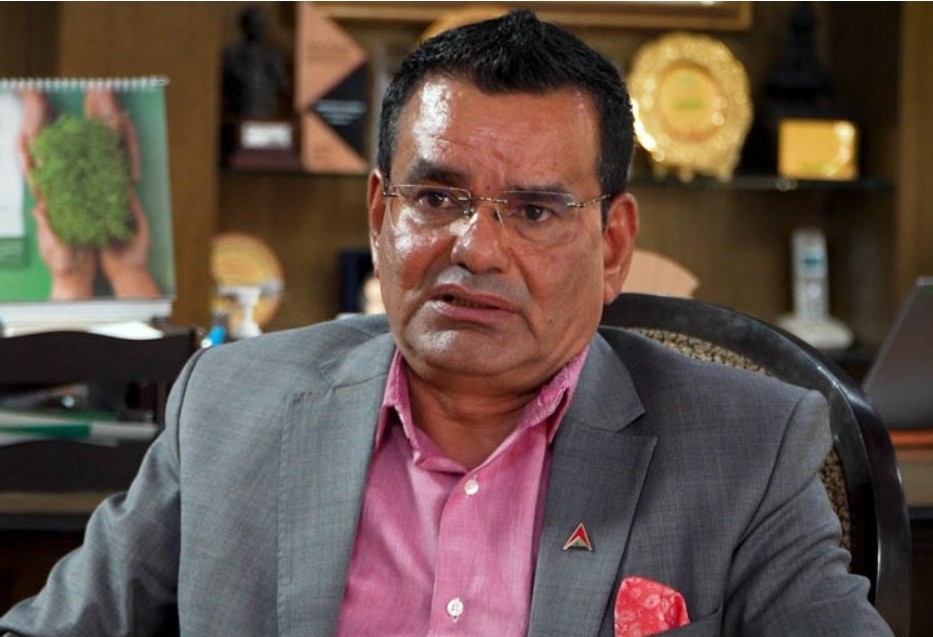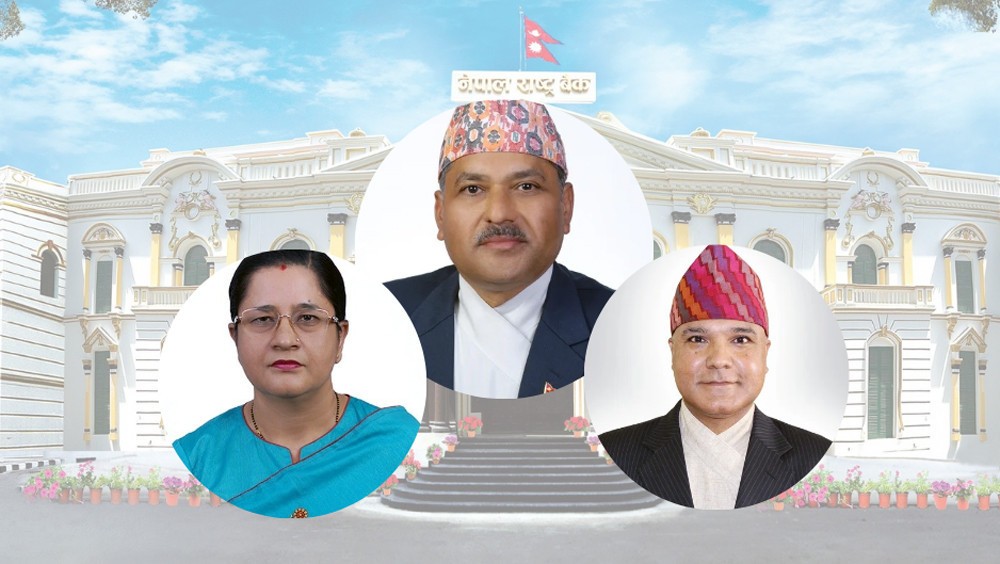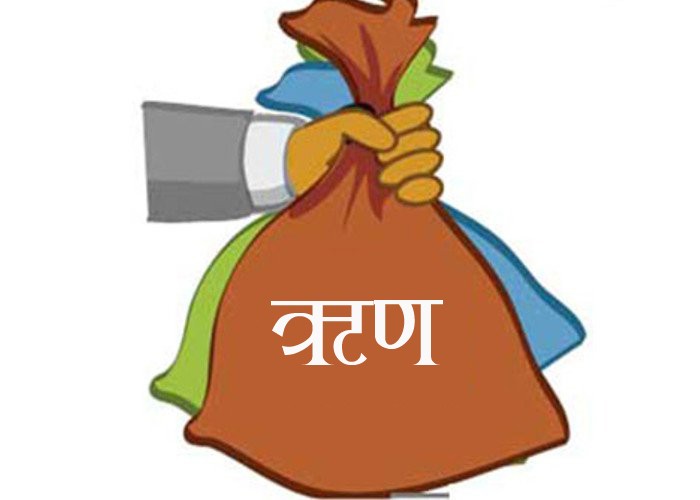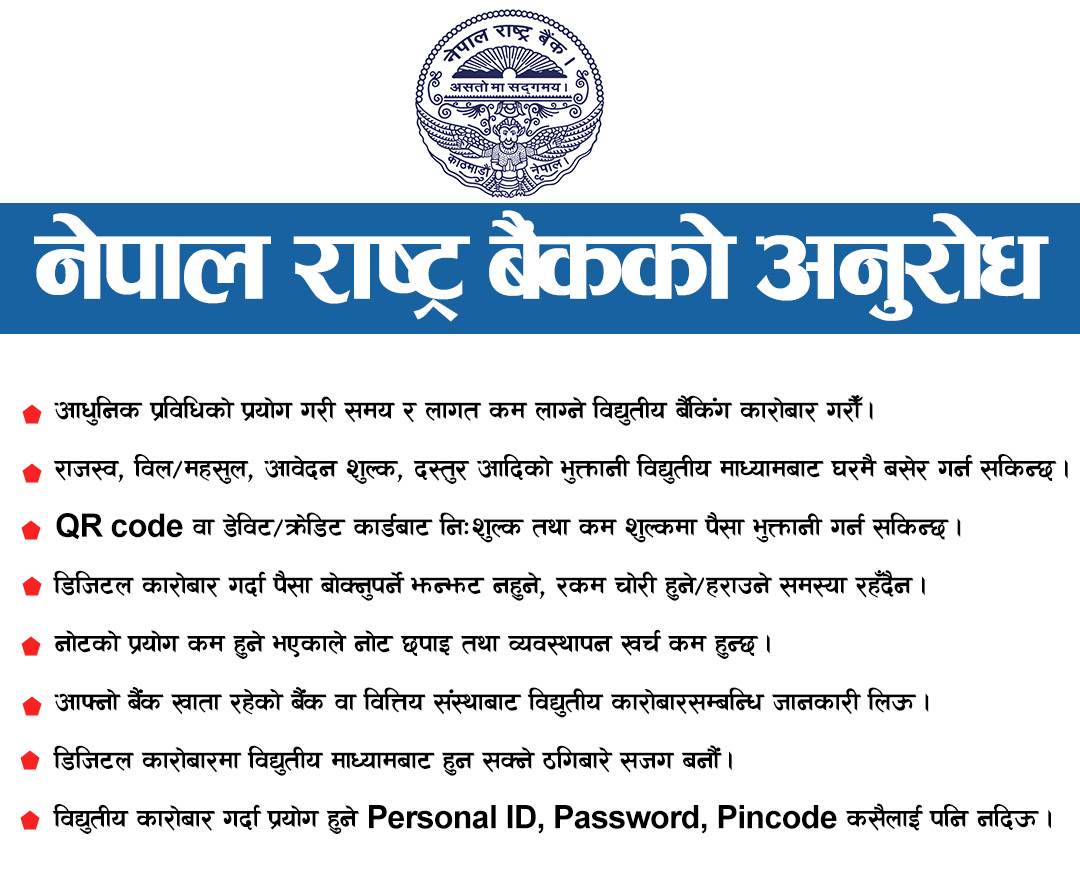Big Merger : The numbers of commercial banks in Nepal to be 18 and NRB force to merge Machhapuchchhre with Sanima Bank
Jan Sun 2023 03:07:04
4761 views
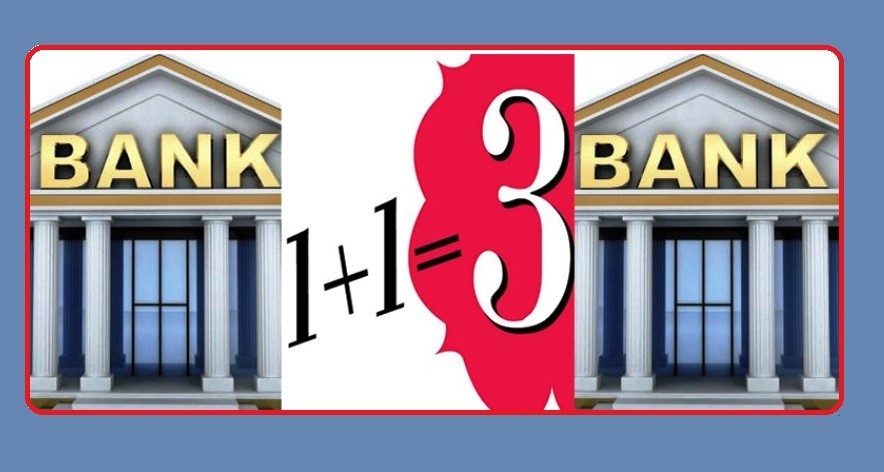
Kathmandu. The number of commercial banks in Nepal has started to decrease. The number of banks will decrease due to the policy of increasing the bank capital of Nepal.
Nepal Rastra Bank (NRB) had adopted a policy to increase the paid-up capital of commercial banks and reduce their number through the monetary policy of 2074. Through the same policy, the then Global IME Bank and Janata Bank were merged in 2076. After that, the big merger started.
Similarly, last June, Nabil Bank acquired Nepal Bangladesh Bank and integrated business. Eight banks are going to merge in the month of January alone. Among them are Kumari Bank and Nepal Credit and Commerce, Global IME and Bank of Kathmandu, Nepal Investment and Mega Bank, Prabhu Bank and Century Commercial Bank. Among these, Kumari and NCC Bank have started integrated business since last week.
By the end of this year, 6 other banks are also starting integrated business. Banks are going to start integrated transactions because they will get many benefits if they merge by the end of January. The National Bank, through monetary policy, has arranged for the banks that are going to merge with the interest rate difference (spread rate) of deposits and loans, and the cancellation of the cooling period. It has been arranged that commercial banks will extend the period of lending by one year in designated areas, 0.5 percentage point discount on mandatory cash balance limit for one year of integrated transactions, 1 percentage point discount on statutory liquidity ratio, 5 percentage point increase on deposit collection limit set by the central bank. is
According to the same arrangement, the integrated business of Global IME and Bank of Kathmandu will be started from tomorrow i.e. 25th of January. The integrated business of Global IME Bank and Bank of Kathmandu, which has already 'merged' more than a dozen banks and financial institutions, will be done under the name of 'Global IME Bank Limited'. Both these banks have decided to go for merger on equal basis i.e. 1:1 ratio. After the merger, the bank's paid-up capital will be 34 billion more.
Similarly, Prabhu Bank and Century Bank are starting integrated business from January 26. After the acquisition of Century Bank, the integrated transaction will be done by Prabhu Bank Limited. Both these banks are merged in the ratio of 1:1. After the merger, the bank's paid-up capital will be 22 billion rupees more.
Similarly, next Wednesday (from the 27th of Poush), Nepal Investment Bank and Mega Bank Nepal are also going to have integrated business. After the merger, the business will be started under the name of Nepal Investment Mega Bank Limited. Investment Bank and Mega Bank have merged in the ratio of 10:90. The paid-up capital of the bank formed after the merger will be 32 billion rupees more.
On the other hand, Himalayan Bank and Civil Bank are also trying to do integrated business from next January. Both these banks are going to merge in the ratio of 100:80.28. After the merger of these two banks, the number of banks will decrease to 21. The National Bank is continuing the policy arrangement. After the implementation of the regulations related to the merger or amalgamation of banks and financial institutions, the merger process has gained momentum.
Lately, Laxmi Bank and Sunrise Bank are also going to merge. In order to go for the merger, both the banks are signing the memorandum of understanding tomorrow i.e. Monday 25th of January. Both these banks are going to merge in the ratio of 1:1 ie equal status. After the merger, the bank will have more than 21 billion rupees. After the merger of these two banks, the number of commercial banks will decrease to 20.
Rastra Bank has recently been urging Machhapuchche Bank and Sanima Bank to go for merger. If these two banks also go for merger, it is seen that the number of banks will drop to 19.
The National Bank has studied how many banks and financial institutions are needed in Nepal. At that time, 27 commercial banks were operating in Nepal. In that study report, it was mentioned that there will be maximum 15 banks in Nepal.
In Nepal, there were 2 in 1980, 5 in 1990, 13 in 2000, and 27 in 2010. There were 32 commercial banks in Nepal in 2012. The number of banks has started to decrease since 2020. In the last two and a half years of that period, 10 have decreased. Since then, the number of banks has started to decrease.

